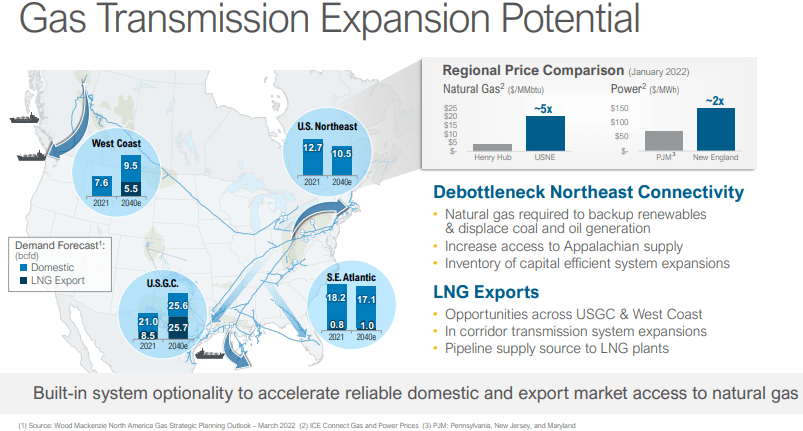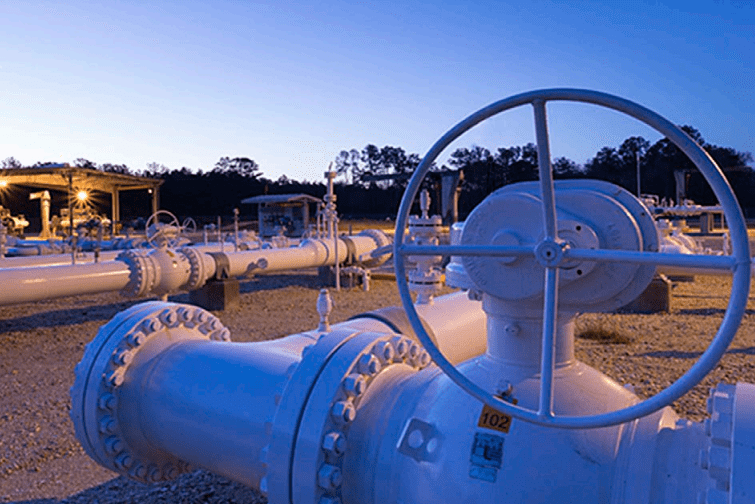Enbridge, a multinational pipeline company headquartered in Calgary, Canada, sees opportunities in the projected rapid growth of energy infrastructure in North America.
Globally, world energy demand is expected to grow by about 27% by 2040, according to the International Energy Agency, driven primarily by economic growth in non-OECD countries.
Natural gas will play an important role in meeting this energy demand, with gas consumption expected to grow by around 23% over this period as one of the fastest growing energy sources in the world.
From the company‘s perspective, North American exports will play an important role in meeting global demand, underscoring the ability of Enbridge’s assets to continue to be heavily utilized by shippers and highlights the need for incremental transportation solutions throughout North America.

In response to these global fundamentals, Enbridge believes that it is well positioned to provide value-added solutions to carriers.
Although opposition to natural gas development, including new pipeline projects, has been growing in recent years. This may challenge the continued growth of the North American gas market and the ability to efficiently connect supply and demand.
Enbridge
The company’s primary businesses include Liquids Pipelines, which transports approximately 30% of the crude oil produced in North America; Gas Transmission and Midstream, which transports about 20% of the natural gas consumed in the United States; Gas Storage and Distribution, serving about 75% of Ontario residents through connections of approximately 3.8 million meters; and renewable power generation, which generates approximately 1,766 megawatts (MW) of net renewable power in North America and Europe.
So the successful execution of projects is an integral part of the long-term financial performance and strategic positioning of your business.
Enbridge’s continuing goal is to deliver its pipeline of guaranteed projects (currently CAD$9 billion through 2024) at the lowest practical cost while maintaining the highest standards of safety, quality, customer satisfaction, and regulatory and environmental compliance.
Looking to extend growth, the company expects to have sufficient self-financing capacity of around C$5-6 billion per year to invest in new organic growth capital without issuing any additional common equity while maintaining key credit metrics.
![]()

